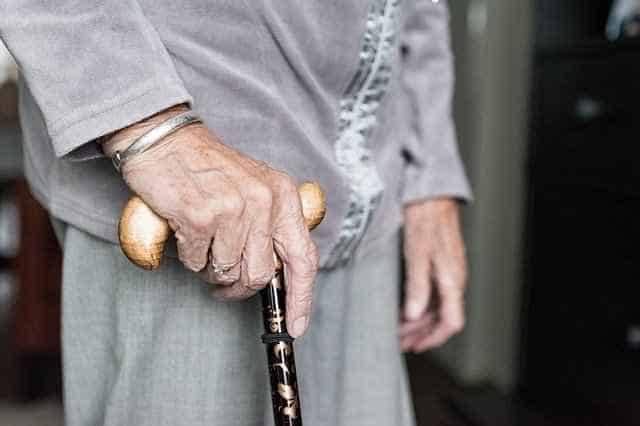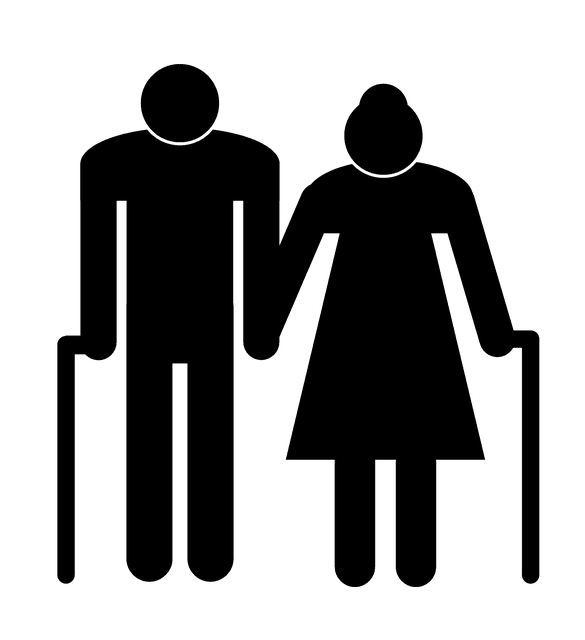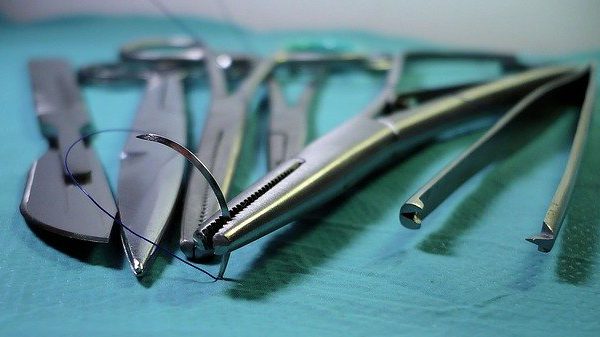Halachic Guidelines for Purim for a Person with Dementia, Those Sick with Complex Disease, and their Family Members

Introduction The days of Purim are days of joy, and the fulfillment of the holiday’s mitzvot – reading the megillah, mishloach manot, matanot le’evyonim, and the mitzvah feast (together with the reading of Parshat Zachor on the Shabbat before Purim, and Taanit Esther) – can awaken pleasant memories and emotions and generally can uplift the […]
The Jewish Perspective on Palliative Care

The goal of palliative care is to provide comfort in situations where a disease is terminal. Does halacha recognize these types of treatments? How much do we factor in the patient’s wishes in these contexts? Is it permissible to administer this treatment when it could shorten the life of the patient? Is there an obligation for man to fight for his life?
Position Paper – The Halachot of Terminal Illness

Does the obligation of preservation of life mandate treatment at any cost? When are we obligated to treat and when is it proper to exercise restraint?
A Compendium of Relevant Halachot
Yom Kippur – A Sick Person and a Person with Dementia

1. Introduction On Yom Kippur we separate from all aspects of life, we abstain from performing melacha, eating, and drinking and we focus on prayer and repentance. For a sick person and those taking care of them, there is no break on Yom Kippur; a dementia patient’s caretakers involve themselves in this throughout the year […]
Position Paper: Man Himself Before Others

The Torah determines that when faced with between man’s rights and responsibilities to himself and his obligations to others, the approach is “man himself comes before others, no matter what”. What is the moral and philosophic idea behind this fundamental principle?
Position Paper: Medical and Nursing Care of Parents

1. Introduction: The Caretaker’s Identity Treating parents with dementia is one of the greatest struggles a family can endure. This is due to the difficult reality of the situation as well as the fact that the parents have a limited ability to express their wishes (or to affirm previously given directives). At times this ability […]
Position Paper: Honoring One’s Parents vs. Man’s Obligations to His Wife

1. Introduction The mitzvah of honoring one’s parents accompanies man throughout his life, from a young age as a child living in his parent’s home to the age where he must care of his elderly parents. However, there is a fundamental shift in man’s life when he gets married. An additional significant character is added […]
Position Paper: “How Far Does Honoring One’s Parents Go?”: The Mitzvah of Honoring One’s Parents vs. Man’s Obligations to Himself

1. Introduction The mitzvah of honoring one’s father and mother of the most ubiquitous mitzvot which primarily deals with providing for the physical needs of the parents: “[He should] feed them and provide them with drink, dress them and cover them up, bring them in and out [of the house]” (Kiddushin 31b). However, the limitations […]
Position Paper: The Fundamentals of the Mitzvah of Honoring One’s Parents

1. Introduction Honoring one’s parents is a great and fundamentally important mitzvah likened to the mitzvah of honoring God. In this manner does the Rambam introduces the halachot of honoring one’s parents: “Honoring one’s father and mother is a positive commandment of great importance, as is fearing one’s father and mother. The Torah equates the […]
Position Paper: Weighing Institutional Factors in the Field of Medical Ethics – Autopsy and Dissection as a Case Study

Is it permissible to dissect a cadaver in order to educate the next generation of doctors? May one consider institutional factors in order to make decisions regarding medical ethics?





